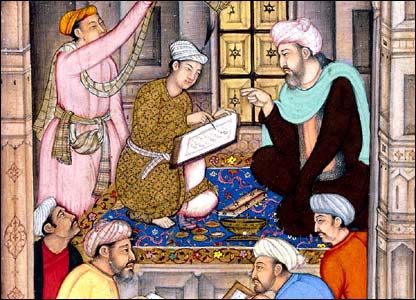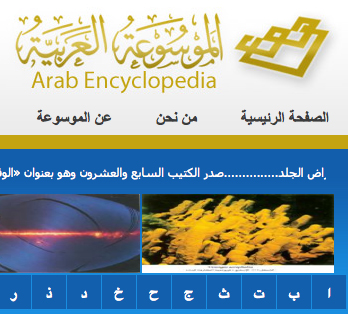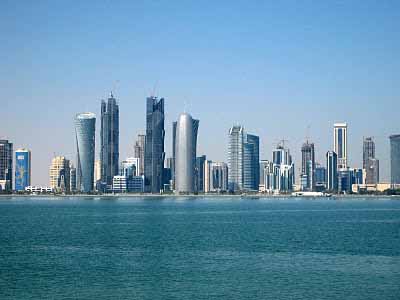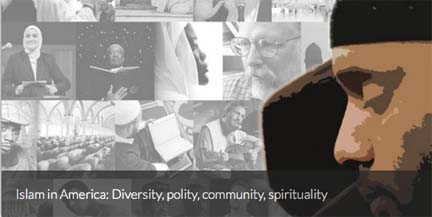
Burke Arabic MS 1, unsigned and undated (Iraq or Iran, before 1300 CE)
The following is a nicely done website about a Quran exhibition held at the Burke Theological Library of Columbia University in 2005 and curated by the historian Dagmar A. Riedel.
During the month of Ramadan, Muslims commemorate the revelation of the Quran to the prophet Muhammad. In Fall 2005, from October 4 until November 2, Burke Library exhibited some of its Qurans to explore during Ramadan 1426 AH how attitudes toward Islam are reflected in the books that give readers access to its revelation.
Since Burke Library was founded as a Protestant research collection, the study of Islam is not often associated with its holdings. But its small collection of Near Eastern manuscripts includes five Qurans which represent the regional esthetic traditions of Quran illumination between the thirteenth and nineteenth centuries CE. Furthermore, Burke Library owns many of the seminal works of Quran scholarship published in early modern Europe, documenting how non-Muslim Europeans translated the Arabic Quran first into Latin and then into European vernaculars. The exhibition traced the process, stretching from the twelfth to the nineteenth century, by which the European approach to the Quran was transformed from an angst-ridden defense against yet another Christian heresy to the investigation of another strain of monotheism.
The 2005 project was made possible by Michael Boddy’s enthusiastic support which in turn ensured the permission of Sara J. Myers, the director of Burke Library, to go ahead with an exhibition that in the middle of the term occupied space in the Burke’s conference and reading rooms. I am also indebted to Jean W. Ashton, the director of the Rare Book and Manuscript Library, for lending a Quran from the David E. Smith Collection of Oriental Manuscripts for the exhibition. In the winter of 2011, Burke Library director John B. Weaver generously sponsored the web adaptation of the original brick-and-mortar exhibition.
Exhibit Curator
Dagmar A. Riedel







